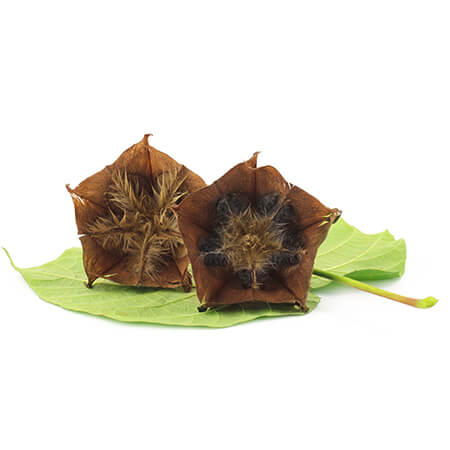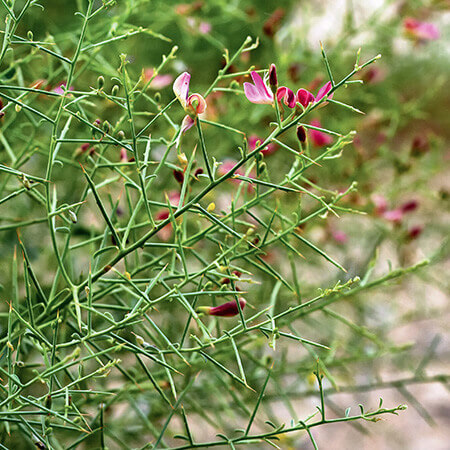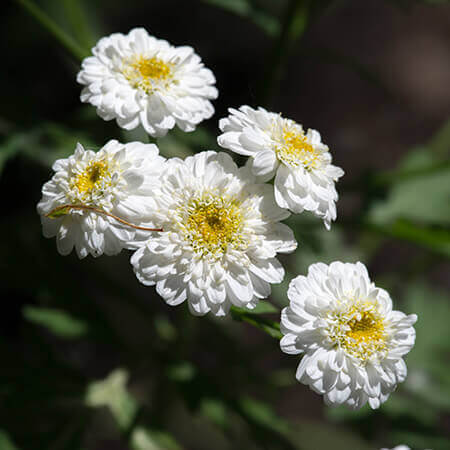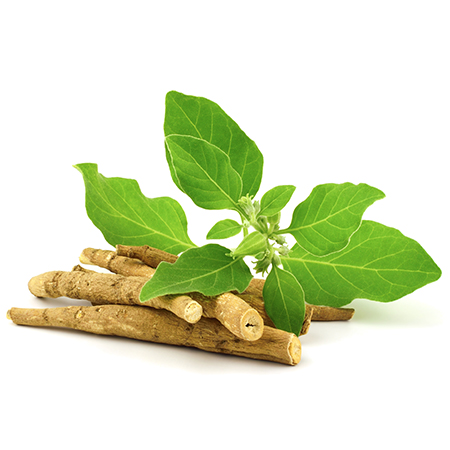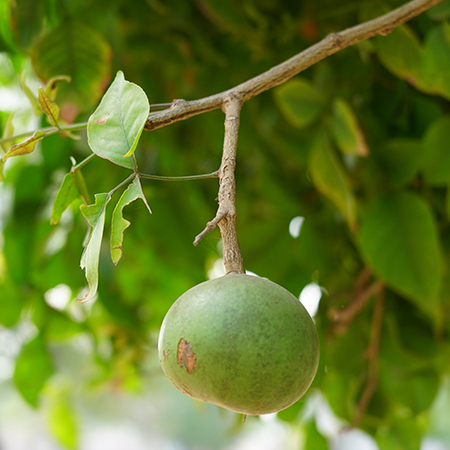Ayurveda and Science
Shatavari/शतावरी/Asparagus Racemosus/Asparagus
AYURVEDIC & MEDICINAL PLANTS
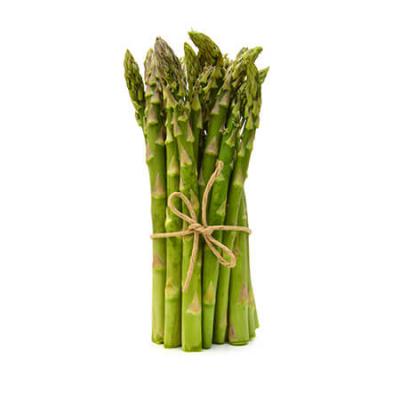
Shatavari Benefits & Uses
Shatawari is a well-recognized herb for its action as a nutritive tonic. Its use is specifically recommended to enhance lactation in nursing mothers. The marked increase in lactation by Shatavari has been scientifically proven today. Technically termed as galactogogue this effect is attributed to its action on the prolaction hormone level. Besides, it is recommended by Indian Ayurveda to improve physical stamina and immunity. Role of Shatavari in enhancing immunity functions has also been proven scientifically.
There are numerous Asparagus or Shatavari benefits and uses as follows:
- Reduces Cholesterol
Shatavari root powder has various compounds like saponins, flavonoids and ascorbic acid which increases the excretion of cholesterol. Asparagus Racemosus helps reduce bad cholesterol and promotes the generation of good cholesterol which helps reduce the risk of cardiovascular diseases.
- Diuretic
Shatavari is Diuretic in nature which means that regular consumption of asparagus can help improve the volume and frequency of urination.
- Treats Diarrhea
Shatavari is an age-old remedy to treat diarrhea.
- Aids Digestion
One of the Shatavari benefits include enhancing digestion. Asparagus improves digestion by increasing the activity of digestive enzymes lipase and amylase. Lipase aids fat digestion whereas amylase helps with the digestion of carbohydrates.
- Treats Kidney Stones
Owing to Shatavari's diuretic properties, it can prove useful in relieving kidney stones. Also, Asparagus Racemosus is anti-urolithiasis which hastens the process of dissolving stones and stops the process of new stones formation.
- Boosts Immunity
Shatavari roots contains Sapogenin which is a potent agent for stimulating immune cells. Asparagus Racemosus helps in improving body's resistance against disease-causing agents. Sapogenins also stimulate the cells that fight infection by overpowering the infection causing cells.
- Female Reproductive System
Shatavari's main components are saponins that help regulate estrogen. This modulation helps to control menstrual cycles, manage PMS symptoms, ease menstrual cramps and control the amount of blood loss.
Chemical Composition
Roots contain saponins, mucilage and large amount of sugars.












